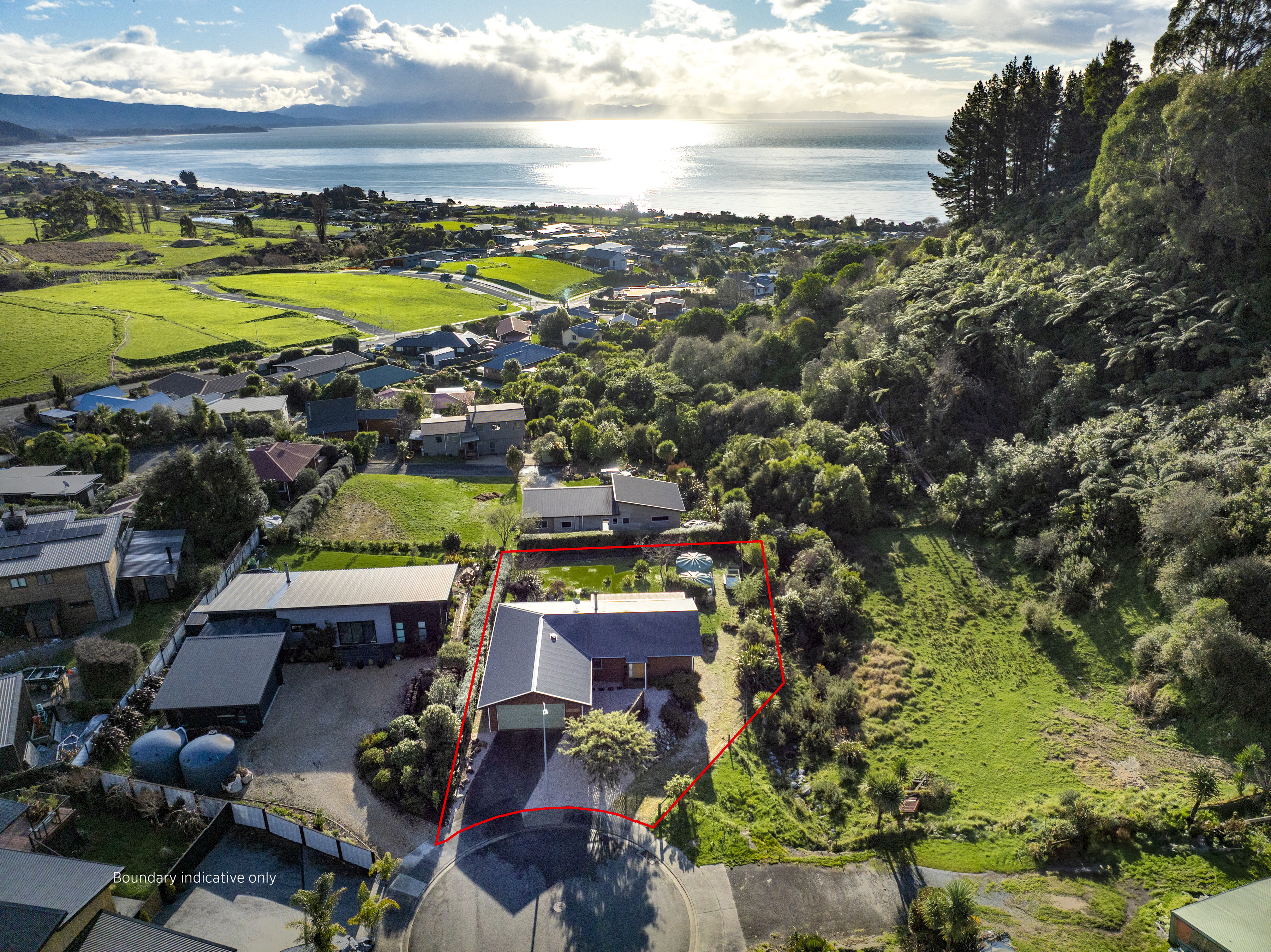There’s an old English phrase which refers to "sending someone to Coventry". It means to deliberately ostracise someone by not talking to them, avoiding their company, and acting as if they no longer exist – and it’s a pretty apt description of the way Phil Twyfords housing portfolio has been treated in the 2019 Budget – because it's virtually absent from budget allocations and commentary.
Remember, housing was one of the flagship policy areas for this Government – but you wouldn’t know it from the Budget. Yes, there’s almost $200 million (already announced) to fund 2,700 places in the Housing First programme to reduce homelessness (although this will be part funded by Social Development), $18.9 million to expand a program that helps tenants maintain their leases, and a project to support Pacific households into home ownership – although the small $2.5 million allocation for that will go into "targeted financial capability services" rather than actually building or buying houses.
Additionally, the Housing and Urban Development Agency (HUDA), which manages housing policy and will oversee the rollout of the new Urban Development Authority, has received just $363.9 million in new operating spending (to fund programmes), and $140.1 million more for capital spending (to fund physical infrastructure).
But that’s it! There’s no update on Kiwibuild or its underwhelming performance over the past 12 months, no details of the much touted Kiwibuild reset, and no detail around other initiatives which might be in the wind to resolve the housing shortage.
Start your property search
To be fair, the housing portfolio received a significant allocation in the 2017 mini budget with Kiwibuild receiving billions for capital investment – and in last years Budget, Housing New Zealand was given scope to lift its borrowing by $2.9 billion to build 1,600 homes a year for the next four years. But given the focus which has been on housing – frankly, I’d have expected more – particularly given that this was touted as a Wellbeing Budget and housing would surely be one of the major contributors to the wellbeing of ones people.
So what does it all mean? Has housing fallen out of favour as a priority area for this Government? I doubt it. While I have no doubt that Cabinet is in the early stages of panic over the comical results of Kiwibuild, to date – I’d be very surprised to see any change to the Governments fundamental housing goals, or even a change in the minister.
What’s more likely is that the Government regards the budget allocation to housing, over the past couple of years, as sufficient – particularly given that there’s an underspend in the Kiwibuild budget due to the failure to build the number of houses originally targeted.
What’s also now likely is that the Kiwibuild ‘reset’ won’t involve any new spending as this would also have needed to have been provided for in the budget – so we can assume that the reset will either be about using the existing allocation in a different way, or proceeding with the existing programme but changing the way in which it is delivered.
At a broader level, the Budget itself didn’t live up to the hype preceding it. Rather than being an innovative document which achieved a "world first" for budgets, it was simply a thinly disguised knock off of the Social Investment approach to budget spending, introduced by former Finance Minister Bill English, but stripped of the tight targets and measurable outcomes which made that exercise a useful guide to the achievement of social and economic goals.
What’s left is a hotch-potch of well meaning initiatives. vanity projects and virtue signalling – but without any clear sense of how the overall strategy fits together. What’s missing is a clear executive summary outlining the overall vision and explaining how these initiatives will help to deliver on that vision. It’s a bit like going in for surgery – not knowing what was actually wrong with you – but coming out having had your leg amputated, a pacemaker installed and your acne cleared up. These might all be worthy initiatives – but if you didn’t know how they related to your actual ailment (or whether they even did) you’d probably be pretty unhappy.
As budgets go – this certainly wasn’t world leading – in fact it was basically standard fare.
- Ashley Church is former CEO of the Property Institute of New Zealand and now writes on behalf of OneRoof.co.nz












































































